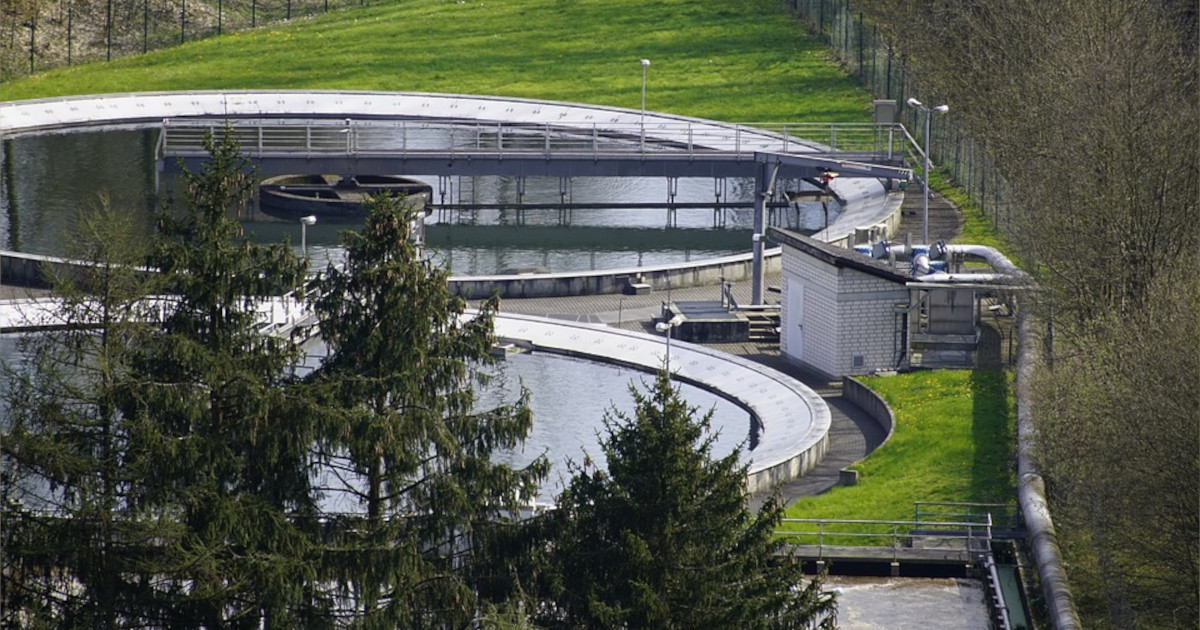Featured Information

Water management strategies play a crucial role in addressing water shortages and ensuring sustainable water use. These strategies aim to optimize water resources, reduce water demand, and enhance water supply. Here are some top water management strategies for dealing with water shortages:
Water Conservation and Efficiency
Water conservation involves reducing water waste and using water efficiently. This strategy focuses on raising awareness about responsible water use practices and implementing measures to minimize water consumption. It includes actions such as fixing leaks, installing water-efficient fixtures and appliances, practicing efficient irrigation techniques, and promoting behavior changes like shorter showers and turning off taps when not in use. Water conservation campaigns and educational programs can help encourage individuals, households, and businesses to conserve water.
Integrated Water Resource Management (IWRM)
IWRM is a holistic approach that considers the entire water cycle and balances competing water demands. It involves coordinated planning and management of water resources across different sectors and stakeholders. IWRM aims to optimize water allocation, promote efficiency, and minimize conflicts over water use. This strategy recognizes the interconnectedness of water sources, ecosystems, and human activities, emphasizing the need for collaboration, data sharing, and sustainable decision-making.
Water Pricing and Economic Incentives
Implementing appropriate water pricing mechanisms can encourage efficient water use and conservation. Graduated pricing structures, where higher water consumption incurs higher costs, can discourage excessive water use. Additionally, providing economic incentives, such as rebates or subsidies, for implementing water-efficient technologies or practices can motivate individuals and businesses to conserve water.
Rainwater Harvesting and Stormwater Management
Rainwater harvesting involves collecting and storing rainwater for later use. This strategy reduces reliance on traditional water sources and can be particularly beneficial for non-potable uses like irrigation and toilet flushing. Stormwater management focuses on capturing and utilizing stormwater runoff to recharge groundwater or replenish water bodies instead of allowing it to flow off as waste. Implementing rainwater harvesting systems and incorporating green infrastructure can help mitigate water shortages.
Water Reuse and Recycling
Promoting water reuse and recycling can augment water supplies and reduce the demand for freshwater sources. Treating and reusing wastewater for non-potable purposes like irrigation, industrial processes, and toilet flushing can help conserve freshwater resources. Advanced treatment technologies, such as membrane filtration and disinfection processes, can ensure the safety and quality of recycled water.
Diversification of Water Sources
Relying on a single water source increases vulnerability to shortages. Diversifying water sources involves exploring alternative sources like desalination, wastewater reuse, and rainwater harvesting. Integrating these sources into the overall water supply system can enhance resilience and reduce dependence on limited freshwater resources.
Water Loss Reduction
Reducing water losses in distribution systems is crucial for efficient water management. Implementing leak detection and repair programs, improving infrastructure maintenance, and investing in modernizing water distribution networks can minimize water losses due to leaks and pipe breakages, ensuring that water reaches consumers more effectively.
Policy and Governance
Effective water management requires supportive policies, regulations, and governance frameworks. Governments should establish clear water management policies, set standards for water use and quality, and enforce compliance. Collaborative decision-making involving stakeholders from government, industry, communities, and environmental organizations is essential to address water shortages comprehensively.
It is important to note that water management strategies should be tailored to the specific context and challenges of each region. Local conditions, including climate, available water sources, and population dynamics, should be considered when developing and implementing water management plans. Integrated approaches that combine multiple strategies and encourage stakeholder participation are most effective in achieving long-term water security and sustainability.


